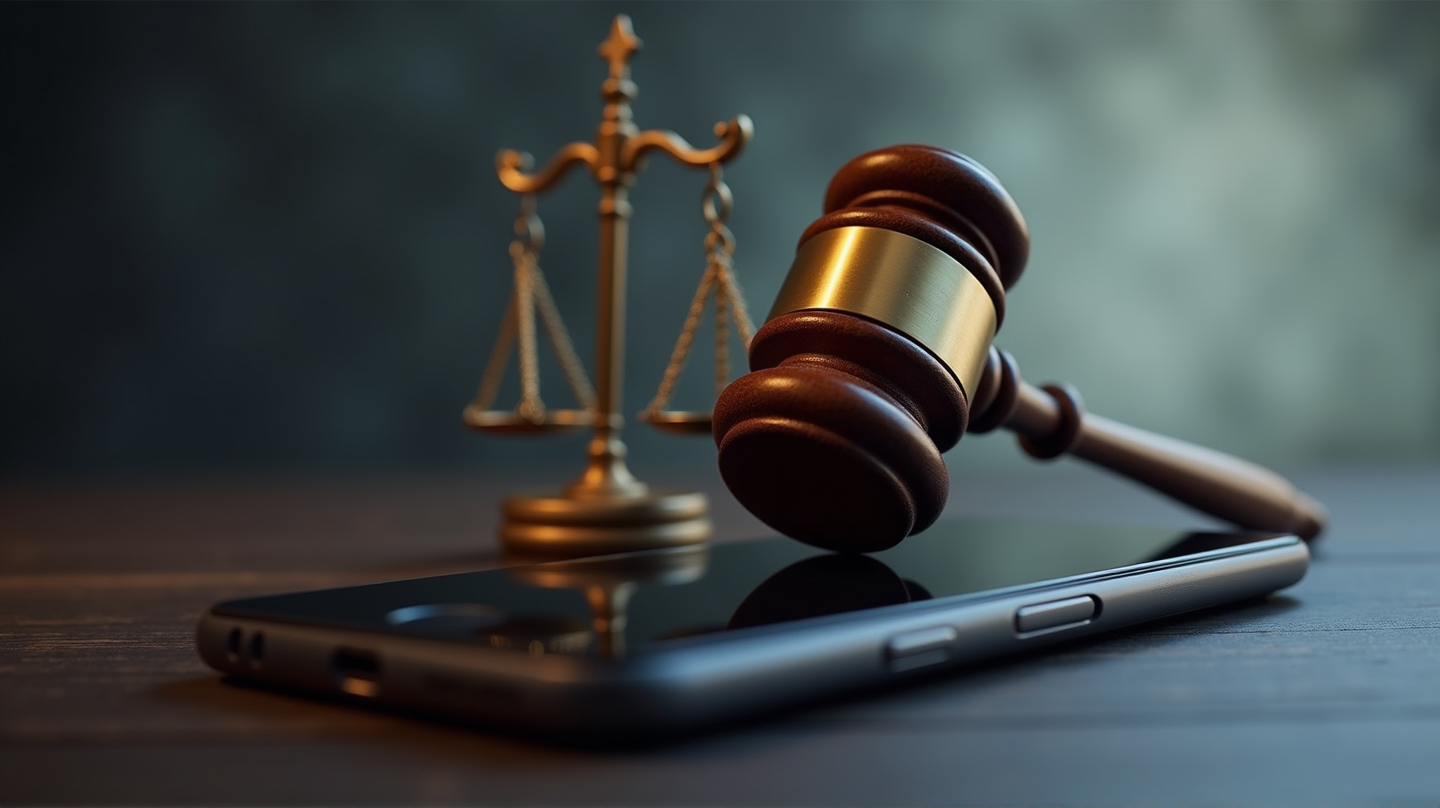Landmark Decision at Brazil’s Apex Court
In a groundbreaking decision that may set a precedent for worldwide social media regulation, Brazil’s Supreme Court has ruled that social media companies are liable for illegal content posted by users. This monumental judgment is a victory for those advocating for more online accountability, yet it simultaneously ignites fears over potential censorship, as platforms might purge content to avoid liability.
A Wave of Court Cases
The ruling emerged from two distinct cases, reflecting Brazil’s urgent need to tackle the growing malignancy of online fraud, child pornography, and violence among teenagers. While legal experts celebrate this as a proactive step, critics argue it might stifle free speech by causing social networks to excessively censor or block user-generated content.
Unleashing a Ripple Effect
This decision is poised to reverberate beyond Brazil’s borders, as social media companies globally monitor these developments. Networks like Facebook, Twitter, and Instagram are under scrutiny for their role in the dissemination of harmful content. Now, with eyes on Brazil, it’s unclear how international tech giants will adapt their policies, especially considering Brazil’s influence within Latin America.
Concerns About Free Expression
While the ruling aims to transform digital behavior for the better, apprehensions about a louder echo chamber rise, with platforms possibly silencing voices unnecessarily. According to Editor and Publisher, this decision might inadvertently push for more stringent regulations in other nations, setting the stage for a broader global debate on internet governance.
Global Implications and U.S. Relations
The case has implications extending beyond national borders, particularly touching on Brazil-U.S. relations, as American social media powerhouses bear the brunt of these changes. How such companies comply with Brazil’s legal standards could redefine parts of their operation on the continent, prompting calls for similar evaluations in their home regions.
Reaction from the Tech World
While some tech leaders emphasize the necessity of this ruling to curb online malfeasance, others warn about its potential to constrict innovation and freedom of expression. The tech industry faces a paradigm shift, re-evaluating algorithms and content monitoring practices to align with legal expectations without stifling user engagement.
The decision heralds a pivotal juncture in balancing jurisdictional power with the safeguarding of personal freedoms online. As tech executives and legal scholars dissect this landmark outcome, the conversation surrounding global social media responsibility continues to evolve, with Brazil leading the charge into what might become a universal framework for digital accountability.
